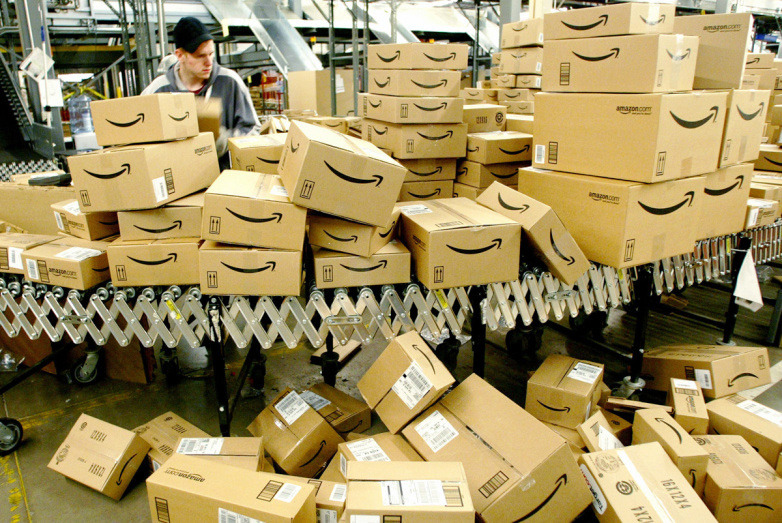In reviewing Amazon's proposed $13.7 billion takeover of Whole Foods, the U.S. Federal Trade Commission is reportedly exploring a complaint that the company posts false list prices on its website, making its discounts seem better than they really are.
An advocacy group, Consumer Watchdog, sent a letter to the FTC earlier this month, according to Reuters. The group noted than in an analysis of 1,000 products on Amazon in June, 46 percent of them included list prices — and of those, 61 percent had prices higher than what Amazon had actually sold for in the past 90 days.
The FTC subsequently began an informal look into the claim, a Reuters source said. The agency has refused to comment publicly, but Amazon argued that Consumer Watchdog's data was "deeply flawed" and "flat out wrong."
"We validate the reference prices provided by manufacturers, vendors and sellers against actual prices recently found across Amazon and other retailers," the company insisted.
Consumer Watchdog has suggested the FTC should block the Whole Foods deal until Amazon fixes deceptive practices. A formal probe, at least, is a possibility — in January, the company paid a C$1 million ($756,659) fine to settle similar accusations with Canada's Competition Bureau.
While the costs of Apple's own products are well-established, it's possible that third-party accessories and peripherals — some of which can cost hundreds or thousands of dollars — might be among those with inflated list prices.
 Roger Fingas
Roger Fingas








 Charles Martin
Charles Martin
 Christine McKee
Christine McKee


 Oliver Haslam
Oliver Haslam
 William Gallagher
William Gallagher

 Sponsored Content
Sponsored Content








23 Comments
Amazon, use the “everybody does it” defense because, well, everybody does it in fact. When we shop at Kohl’s, for instance, the clerk is always telling us how much money we ‘saved’. It’s even printed on the receipt, “You saved $63.27 today.” Really? We did? When the ticketed price is never what you wind up paying anyway I find it hard to swallow that I saved money.
I'm not sure I'm fully understanding the issue, but I initially don't see the problem. Is this referring to Amazon listing the MSRP of the product, then showing their price with the actual savings? If so, that's a pretty standard practice for many in person and online retailers.
Not so fast. Amazon has made a major mistake by pushing so prominently into major brick and mortar move with Whole Foods. It has awakened people to the less than ethical aspects of what they are doing to destroy competitors. I support free market capitalism as it is designed to produce greatest benefit, but at some point, there is going to need to be a need for reexamination of anti-trust law where you have group of venture capitalists fund a company to run at a loss for many years as it gobbles up and destroys competition. When profit/loss is no longer important there is something wrong.
As for the controversial "discount" Amazon advertises, in many cases it is downright absurd, e.g., "216%," but often it is inarguably a price that no one is selling at, and would fail many states consumer fraud laws . Amazon needs to fear also a consortium of states going after its advertising of false prices practice.